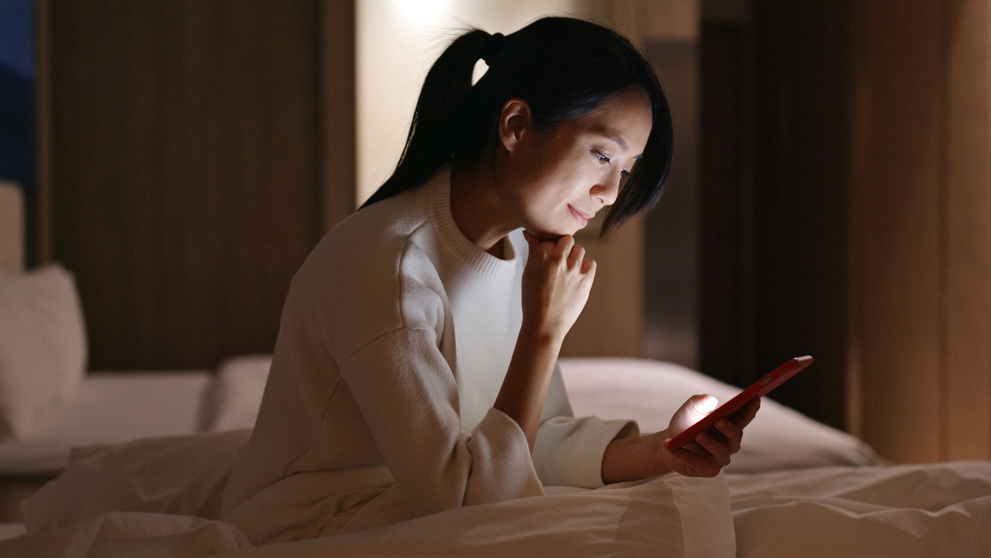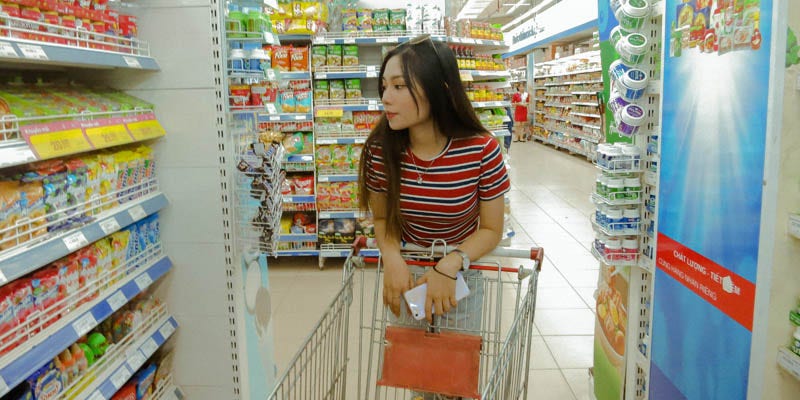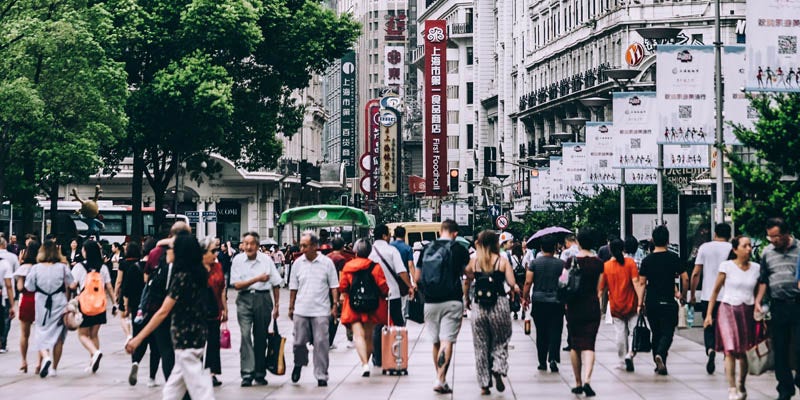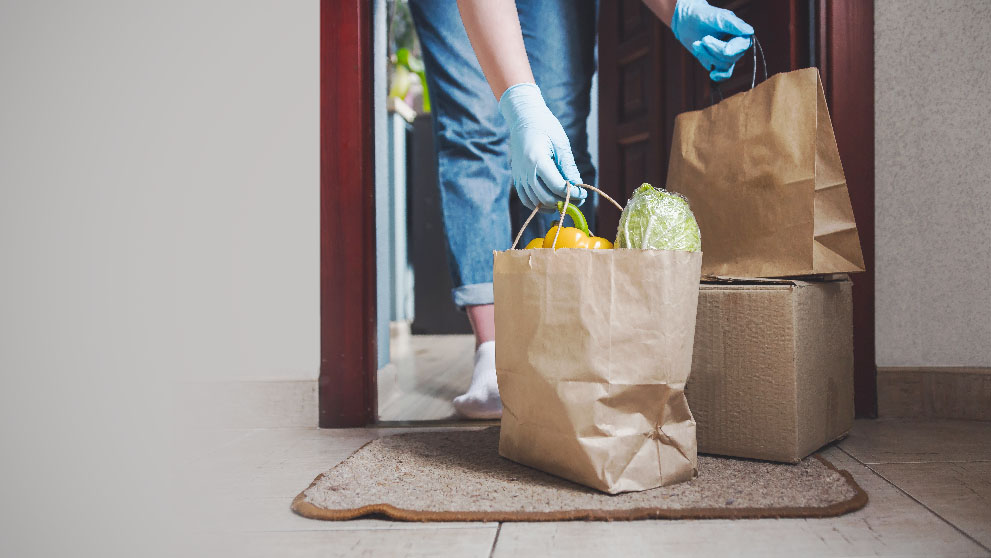With life in China beginning to show signs of returning to normal, what can the spending habits of the world’s most populous nation teach us about what’s to come globally in the wake of Covid-19?
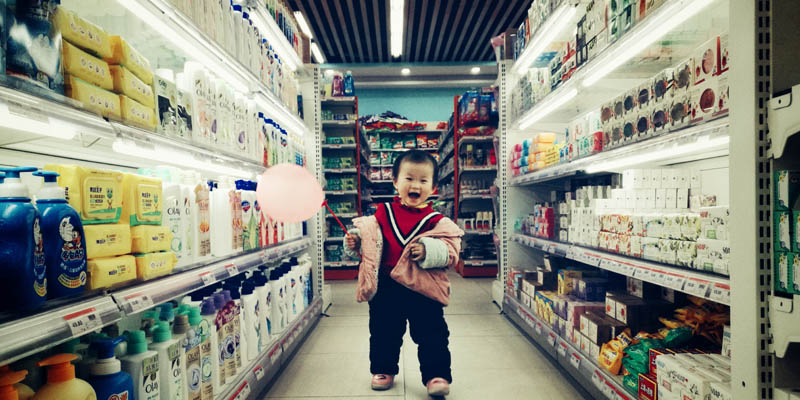
This article will cover :
Mobile commerce, online-to-offline platforms, tech, luxury goods, national solidarity, sustainable shopping, revenge spending
The Chinese, and Chinese Millennials in particular, have incredible purchasing power. And, as quarantine measures are being relaxed, so are the purse strings of these super spenders as Millennial buying habits increase. But how did the pandemic change how the Chinese do business, and what can the rest of the world learn from it?
More time on mobile
In news that should surprise few, mobile usage on lockdown saw an uptick, according to Quest Mobile1 – phone usage went from an average of 6.1 hours per person per day in January 2020, to 7.3, almost half of the waking day! Mobile commerce, particularly for groceries, medical supplies, and cleaning products registered serious growth, according to Kantar2 – as well as online entertainment, unsurprisingly. Douyin (China’s TikTok) and Kuaishou – two of China’s biggest social media sharing sites – became serious sources of entertainment, as the country strived to stay connected through the crisis. Find out more here on how to make the most of this social trend by selling on social media.
The rise in O2O (online-to-offline) platforms
Tempting in digital customers with a real-life offering is not a new thing, but the concept has gained traction in the last few months due to the outbreak. Guiding online customers through the physical store itself over video, O2O platforms have seen a surge, due to obvious reasons, and it'll be interesting to see if the trend continues when people are allowed full freedom again. In addition to the big e-commerce players – such as Tmall, Taobao, and JD.com – Ele.me, Meituan, and Dingdong Maicai, for instance, have become more popular. For Chinese stores – particularly grocers – it’s become an essential, as it's allowed them to keep their stores full of fresh goods ready for consumption.
Tech worth talking about
Tech has played a big part in the e-commerce experience in the nation, and physical stores have been quick to jump on it in the wake of empty shopping malls across the country. Mixc, in Shanghai, took advantage by offering VR channels that let people shop the brands they love virtually, including fashion favorites Nike, Puma and Fila, and beauty giants like L’Oréal and Sephora. Meanwhile, smart retail tech provider Chatail has been building an Instagram-style shopping feed that lets buyers chat with sales associates to pick the items they want, while WeChat Mini lets customers screenshot items and purchase them during live Instagram sessions.
Luxury playing catch-up
While some luxury brands had resisted e-commerce until now, COVID-19 left them little choice but to get involved. Prada has joined Tmall, Alibaba’s e-commerce platform, Belgian brand Delvaux launched on JD.com, and French label Lanvin partnered with the high-end e-commerce platform Secoo to livestream their Fall/Winter 2020 fashion show, incorporating a ‘see now, buy now’ function.
Showing solidarity
Before the outbreak, there was steady growth in the ‘made in China’ market within the country itself, and local pride in the face of the struggle is being seen as a chance to show solidarity with brands that have been affected. One user (of many) on social media platform Little Red Book was noted as commenting “I will buy more pieces from Chinese labels as soon as they resume production. All local businesses are severely suffering from the virus outbreak.”
Is sustainability now sustainable?
Kantar have reported that sustainable shopping is seeing a surge in China, echoing the more global trend for ethically responsible purchasing. This nation is moving towards a tendency to “pay more to buy from socially responsible brands, pay more for cleaner environment and services, and pay more attention to environmental protection and sustainability.”
Revenge spending
The coronavirus outbreak couldn’t have come at a worse time for Chinese retailers – striking over the traditionally lucrative Lunar New Year period. As retailers were preparing themselves for record sales, they instead had to lockdown with much less money coming in. However, keen customers who are celebrating their renewed freedom are taking to ‘revenge spending’. “After a month and a half of closures and restrictions, there is a will to come back and have a real life,” says Micaela Le Divelec Lemmi, CEO of Salvatore Ferragamo3. However, it’s unlikely that revenge spending will make up for all of the lost sales. The outbreak is likely to reduce the luxury industry sales by as much as US$45 billion in 2020, according to the survey of 28 top executives undertaken by Boston Consulting Group and Sanford C. Bernstein.

